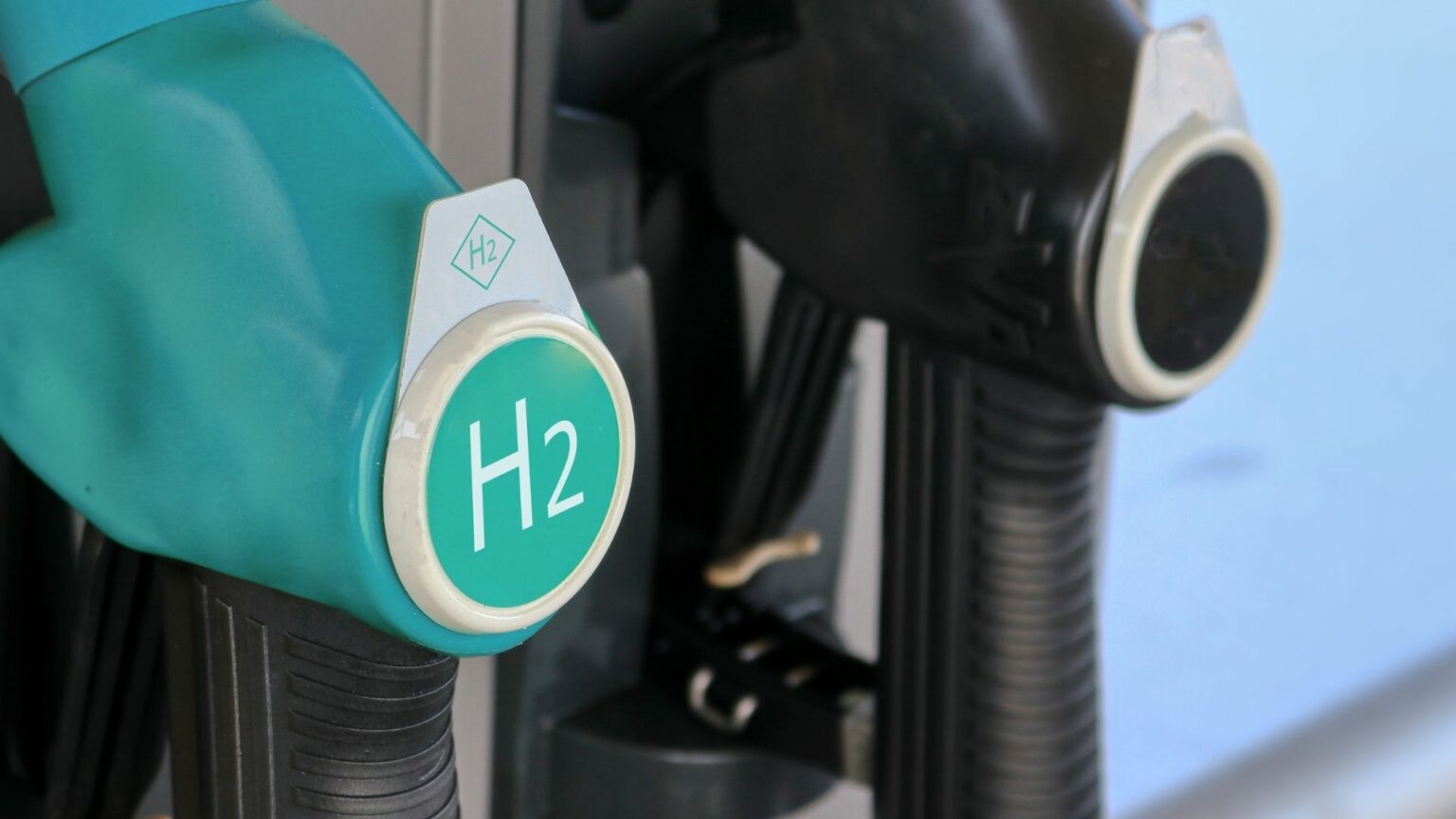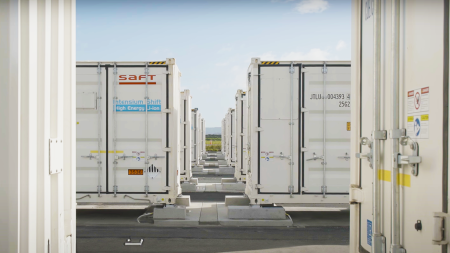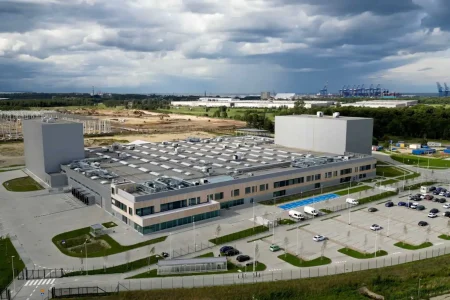Hydrogen is a promising renewable energy source, but its susceptibility to leakage and resultant explosions poses significant risks, necessitating comprehensive studies on these hazards.
This research provides a detailed review of China’s hydrogen policies, the construction processes of hydrogen refueling stations, and the thermophysical mechanisms of liquid hydrogen leakage, amongst other factors.
Hydrogen Policies in China
Hydrogen fuel cells have been championed as essential to achieving China’s energy goals. The 2021–2035 Medium- and Long-term Plan for the Development of the Hydrogen Energy Industry underscores hydrogen as a cornerstone in China’s transition towards a low-carbon future. By 2030, China’s annual hydrogen production is projected to hit 37.15 million tons, with significant increases anticipated by 2060. The Energy Saving and New Energy Vehicle Technology Roadmap 2.0 predicts 100,000 hydrogen fuel cell vehicles on Chinese roads by 2025 and one million by 2035. Establishing hydrogen refueling stations is thus seen as vital infrastructure, with China boasting 264 such stations as of March 2022.
Hydrogen Safety Issues
Despite its advantages, hydrogen poses safety risks given its invisible, odorless nature that makes leaks nearly undetectable. Its low ignition energy and wide flammability range amplify these risks. China categorizes hydrogen as hazardous due to its combustion and explosive properties, enforcing strict regulations across its lifecycle—from preparation to usage. Material failures, accidental impacts, and operational errors present additional risks.
Hydrogen Leakage Factors
The study identifies several factors influencing the rate and severity of hydrogen leakage, including leakage rate, time, hole size, wind direction, speed, and the location of buildings. These factors are scrutinized to understand their comprehensive impact on leakage dynamics.
Impact on Hydrogen Explosion Overpressure
The research further investigates factors affecting hydrogen explosion overpressure, such as hydrogen concentration, wind speed, obstacles, and ignition position. These insights are crucial for developing safer hydrogen refueling infrastructure.
Quantitative Risk Assessment Methods
The article reviews current quantitative risk assessment methods employed at hydrogen refueling stations, discussing their applications and highlighting their limitations. Understanding these methods is essential for improving safety protocols and minimizing risks.
Limitations of Current Research
The paper acknowledges the limitations in existing research on liquid hydrogen leakage and explosion incidents. It calls for more advanced studies and improved risk assessment methodologies to address these shortcomings and enhance the safety of hydrogen refueling stations.
This comprehensive analysis of liquid hydrogen leakage at hydrogen refueling stations highlights the urgent need for continued research and development to mitigate safety risks. Understanding the interplay of various factors influencing hydrogen leaks and explosions is pivotal for advancing safe hydrogen energy applications in China and globally.








